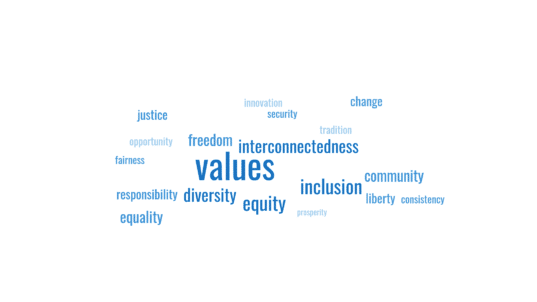A lot of people wonder why IF public discussions focus on conceptual possibilities. Instead of talking about abstract ideas, why not deal with something really practical? The short answer is that, from one perspective at least, nothing could be more practical than talking about concepts.
Being practical means getting something done, yes. But solving immediate problems isn’t the only way to be practical. Being “practical” can also mean deepening one’s grasp of a problem and widening one’s understanding of the possible ways of moving forward. This was what our philosophical and religious traditions meant by the phrase “practical wisdom.” And it is at the core of what a wide range of modern philosophers of otherwise very different perspectives have meant when they used the word “freedom.” It is only much more recently that our understanding has narrowed to the point that we have forgotten these richer meanings of the term.
To know how to do something, the right “answer” might be enough. But to really know what you’re doing, you need concepts. Only concepts can help you reflect on which problems are worth paying attention to; only concepts can help you become aware of the variety of ways they might be approached. There are a lot of repetitive things we do every day that require little or no thought—because they deviate neither in aim nor in performance from past similar things we’ve done in the past. We have a term for them: mindless tasks. But the more important the task, or the further out in the future it is, the more we have reason to think it through. The only way we can do that is with concepts. Only concepts can help us describe and explore what we want, our ideals. The same is true of any distant or complex future. Ditto for the many ways these might intersect.
We need concepts to think through our ideals, the always-uncertain future, and how these interact: because (1) ideals aren’t about anything singular; (2) the future is never an exact replica of the past; and (3) their interactivity is by nature conceptual. All three, separately and interactively, are key elements in any wise choice. And all three require thinking in terms of more general categories, that is, concepts.
So, no, IF public discussions are not practical in the sense of providing immediate answers to questions that might just as well be left to those who job it is to do them repetitively and well (though notice that even being sure of that is a conceptual question!). But they are practical in the sense of exploring what needs doing and who or what should be called on to do it. And they couldn’t be a vehicle for practical wisdom of that sort without relying from start to finish on concepts.



